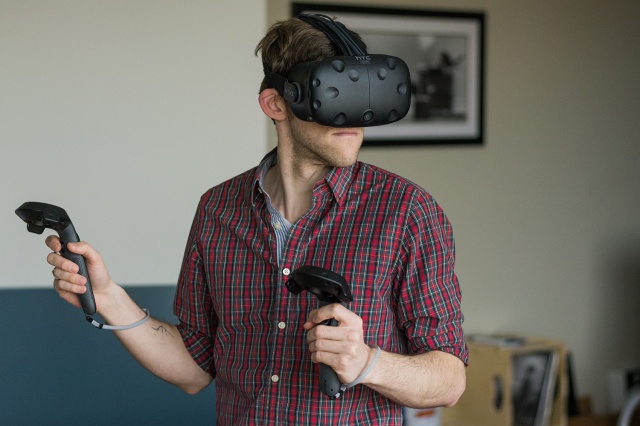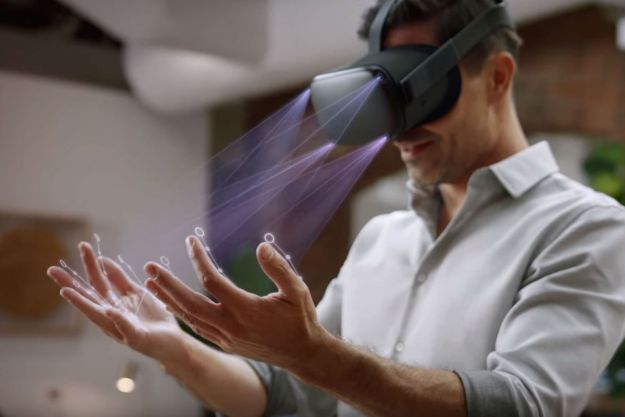
The announcement signals the growing adoption of virtual reality technology among PC gamers. Dozens of VR games and applications for the HTC Vive headset are expected to be launched via Steam in the months ahead.
According to Valve, SteamVR Tracking is “a hardware/software solution that lets your devices know in real time where they are, within a room.” Hundreds of software developers lined up to license SteamVR Tracking since Valve began accepting applications for the royalty-free technology in August, and many games that incorporate SteamVR Tracking are due to launch in 2017.
“Support for VR was introduced just six months ago, yet developers have already published over 600 VR experiences via Steam for those using multiple VR systems, including OpenVR,” Valve’s statement reads. “Complementing the title and revenue growth, the adoption of SteamVR Tracking continues with over 300 licensees planning to incorporate the technology for a variety of uses, ranging from entertainment VR to automotive to televisions and toys. Many of these are targeted to ship in 2017.”
While SteamVR Tracking does not ask its licensees to pay royalty fees for application sales, Valve requires licensed developers to attend in-person training programs in Seattle that provide educational and consulting services regarding best practices for virtual reality development. The sessions are held infrequently and applicants must pay a tuition fee of around $3,000 in order to participate.
“SteamVR Tracking training is designed to propel your design team into the world of SteamVR Tracking,” Valve explains. “Through a series of lectures and labs, engineers gain not only a solid foundation in the theory of SteamVR Tracking, but also hands-on experience in each aspect of tracked object design and integration.”
Valve also plans to showcase “new VR peripheral prototypes” during its Steam Dev Days event, which kicks off Wednesday at the Washington State Convention Center in Seattle.
Editors' Recommendations
- I streamlined my PC VR setup, and now I use it more than ever
- Steam Deck 2 features are already being teased
- As others hype up VR and the metaverse, Valve may be backing away
- How to watch HTC’s ViveCon today, the ‘most important VR event of the year’
- Two new ‘game-changing’ VR headsets could arrive at HTC’s ViveCon next week


